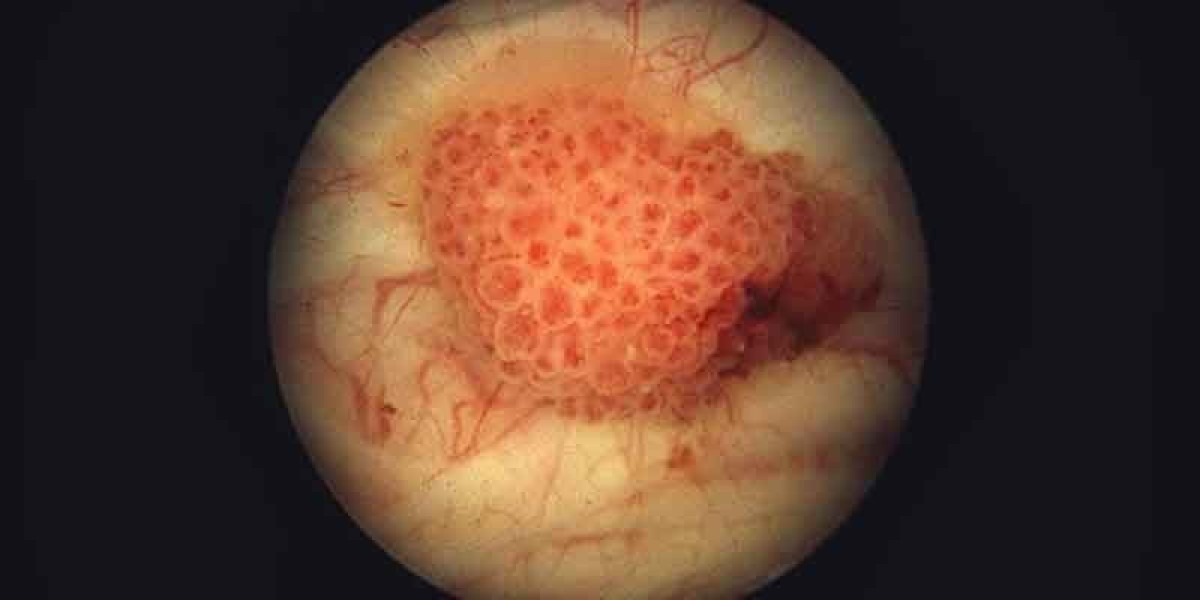Bladder cancer is a relatively common malignancy that primarily affects the bladder, a hollow organ in the lower abdomen responsible for storing and expelling urine. It often presents with various symptoms, some of which can be subtle while others are more pronounced. This is a serious condition however, the good thing is that it can be treated. There are effective treatment options available to get rid of bladder cancer.
This blog provides a comprehensive overview of bladder cancer treatment options. The information used to draft this blog has been gathered from the insights shared by Dr. Niren Rao, a renowned urologist for bladder cancer treatment in Delhi.
Treatment Options for Treating Bladder Cancer
Trans-Urethral Resection of Bladder Tumor (TURBT)
The initial approach to treating bladder cancer is Trans-Urethral Resection of Bladder Tumor (TURBT). This procedure involves passing a cystoscope into the bladder, which allows the surgeon to directly visualize and remove the tumor. The excised tissue is then sent for biopsy to determine the nature and extent of the cancer.
TURBT is a viable option for small tumors that have not invaded the muscle layer of the bladder. It is performed under general or spinal anesthesia and is minimally invasive, leading to a shorter recovery period for patients.
Radical Cystectomy
For patients with muscle-invasive or extensive bladder tumors, a more aggressive approach may be required. Radical cystectomy is a major surgical procedure in which the entire bladder is removed. In its place, a urinary diversion is created using a section of the patient's intestines. This can take the form of an ileal conduit or a neo-bladder, allowing for the continuation of urinary function.
A radical cystectomy is a complex procedure that demands 7 to 10 days of hospitalization. Although it is a more invasive option, it may be necessary to ensure the complete removal of the cancer and prevent its spread.
Radiation and Chemotherapy
In cases of advanced and metastatic bladder cancer, a combination of radiation therapy and chemotherapy may be recommended. These treatments are often used in conjunction with surgery to maximize disease control.
Radiation therapy involves high-energy X-rays to target and destroy cancer cells, while chemotherapy uses drugs to inhibit the growth and spread of cancer cells throughout the body. This multimodal approach aims to improve the prognosis and quality of life for patients with advanced bladder cancer.
Follow-Up and Monitoring
Regardless of the treatment chosen, patients with bladder cancer require diligent follow-up and monitoring. This involves regular ultrasound examinations, urine cytology tests, and cystoscopic evaluations, typically conducted every three months. These measures are crucial to detecting any potential recurrence or progression of the disease at an early stage.
Conclusion
If someone is facing bladder cancer, it is essential to consult with a qualified urologist to explore the most suitable treatment approach. Early detection and personalized care can significantly improve the chances of successful bladder cancer management and long-term survival.
If one is looking for the best urologist in Delhi, one can visit Dr. Niren Rao at Dr. Niren Rao's Urology Practice. They offer a spectrum of bladder cancer treatment options tailored to each patient's unique needs. From the less invasive TURBT procedure to the extensive radical cystectomy and adjunctive therapies like radiation and chemotherapy, the practice ensures comprehensive care for individuals battling bladder cancer. The aim is to help patients live a happier and healthier life. To know more, consult Dr. Niren Rao now!








